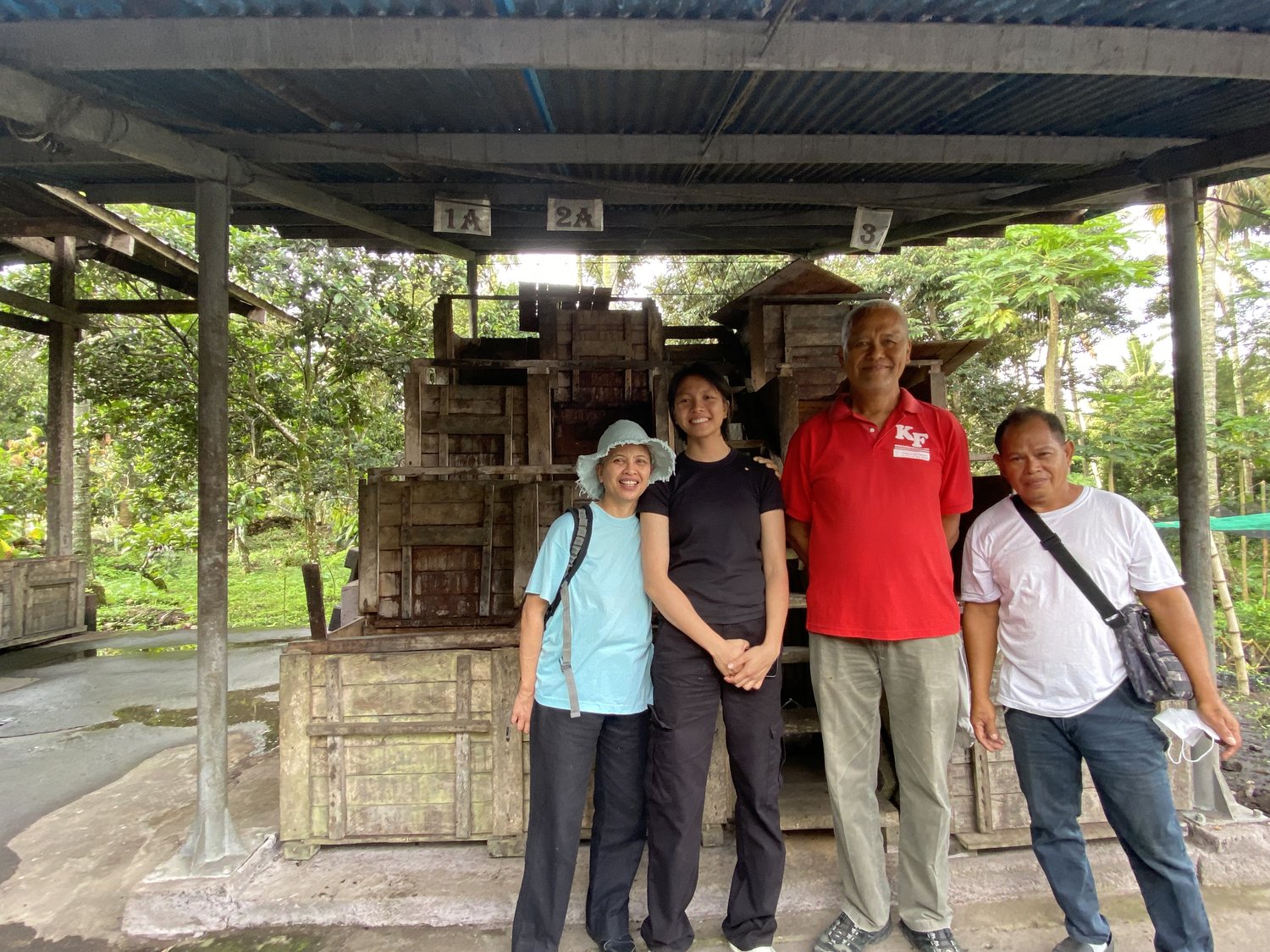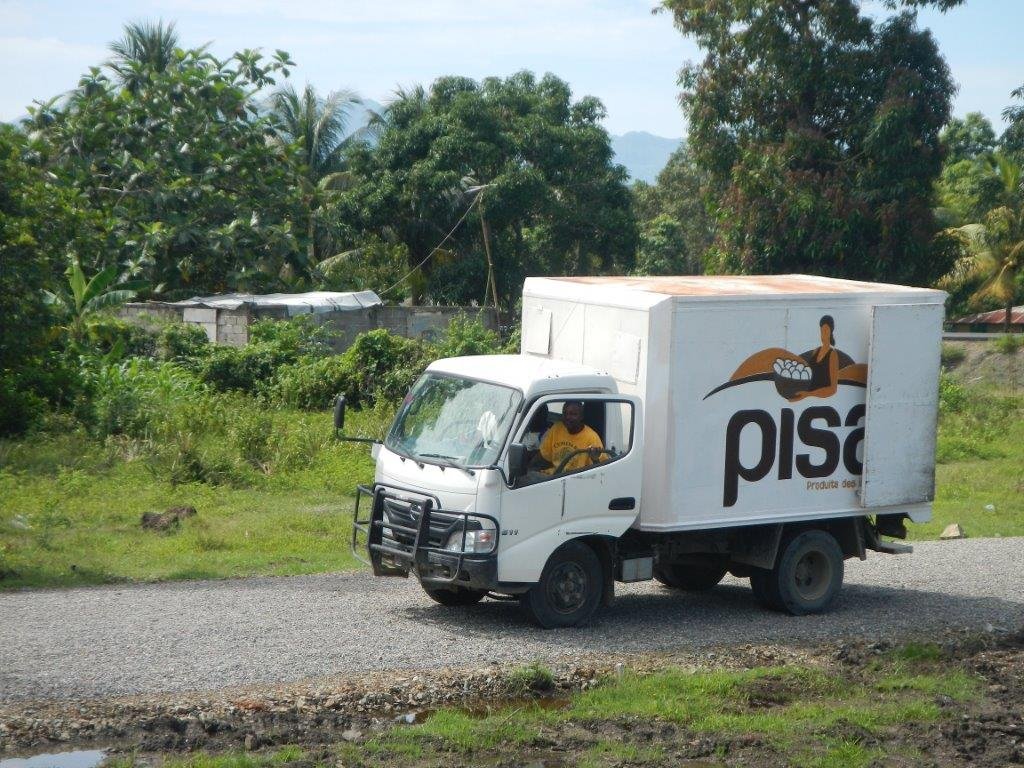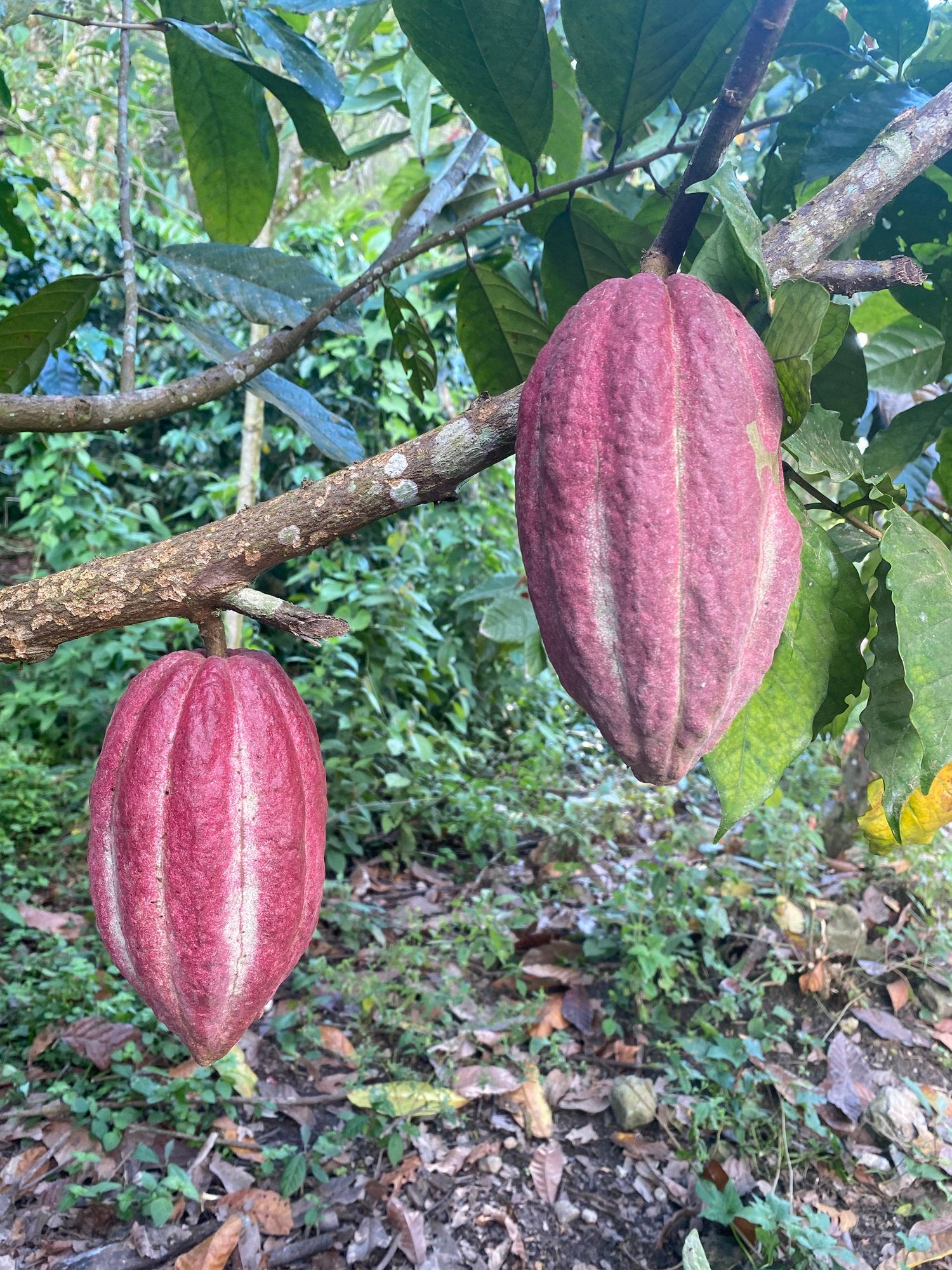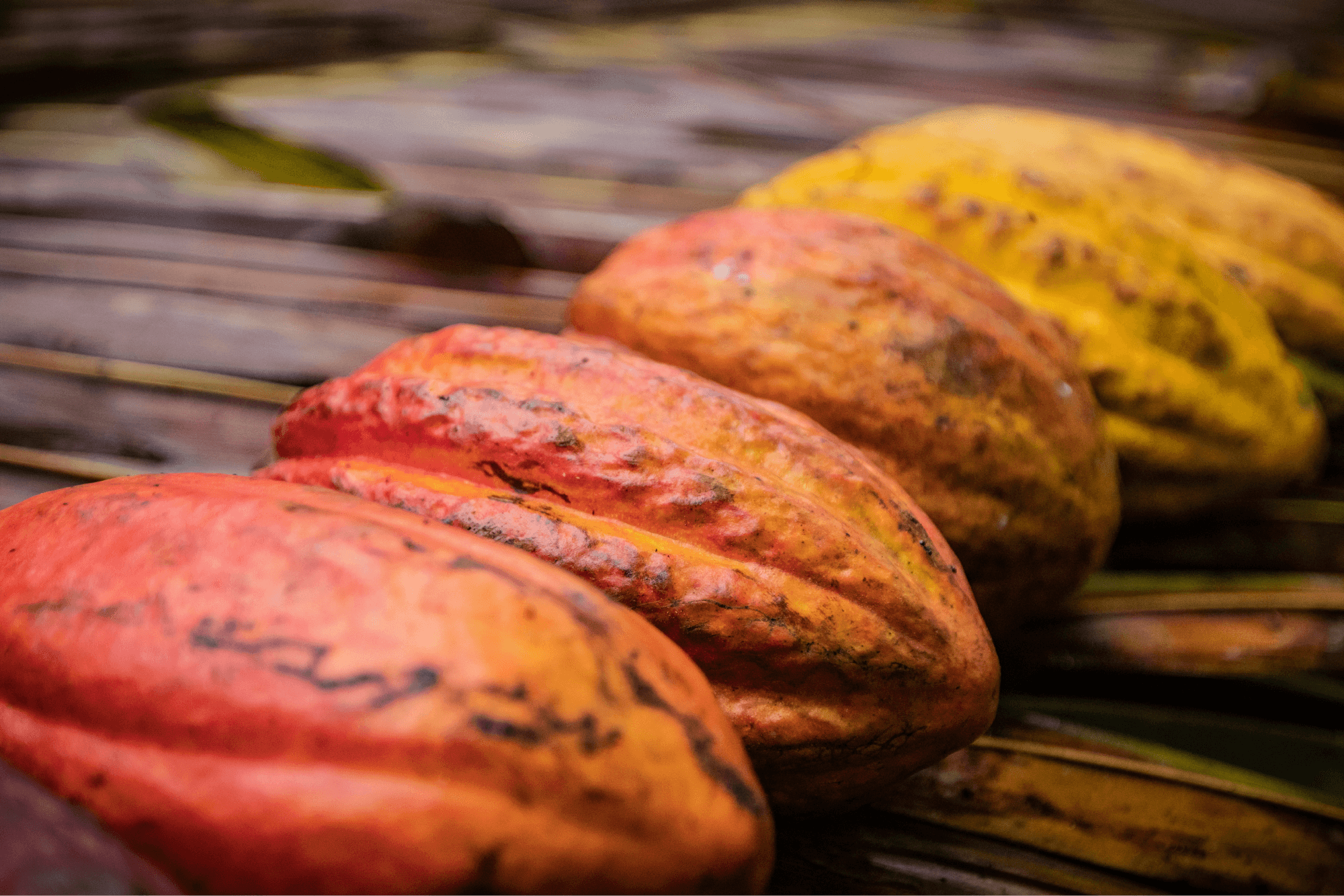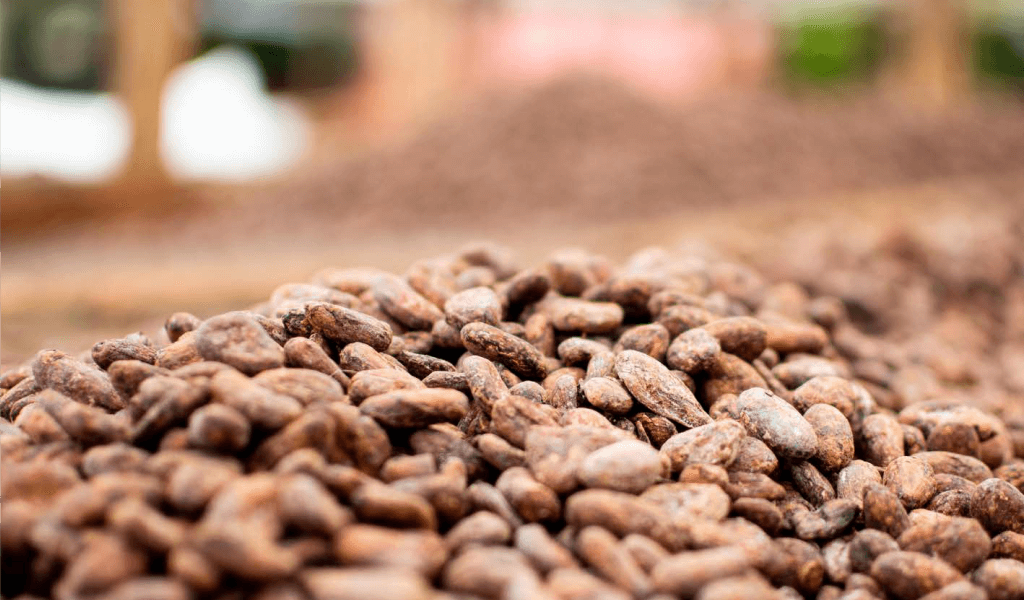Kablon Farms is a 70-hectare biodiversified farm owned and operated by multiple generations of the Pantua family in Tupi, South Cotabato. The family recognizes their work as part of a long cultural tradition: the Philippines first grew cacao in the 18th century, as a part of the Spanish colonies, with seedlings taken via the Spanish Galleons from Acapulco, Mexico, to Manila.
Shared Gastronomy
Filipinos also adapted Mesoamerican chocolate drink traditions to their local context in the form of Tablea, roughly ground chocolate tablets. Local chocolate Tablea is typically used for a traditional hot chocolate drink known as chocolate batirol and a sweet chocolate rice porridge known as champorado.
The Next Generation
Today, the cacao production at Kablon is managed by the eldest son, Ernesto "Jun" Pantua Jr., whose degree in agricultural engineering guides his work.
With Ernesto is Estela Duque and Ernestine “Tin” Tiamzon, and Mario one of the farm managers who has been with the Kablon team for the past 32 years.
Hybridized Genetics
The farm's verdant location in South Cotabato provides excellent growing conditions for cacao and other tropical fruits, and Jun's focus has been on producing high quality specialty cacao, growing a highly prized mix of "criollo" trees descending from the original Mexican stock and hybrid, disease-resistant varieties imported from Malaysia in the 1980s.
Central Fermentation & Blending
Organized into nine zones, the farm conducts box fermentation trials with cacao from each zone and from blending zones, generating different products with specific flavor profiles ideal for singular microlots.
Distinct Flavor Profiles
The three micro lots have distinct flavor profiles.
Kablon, the original has floral notes with dried fruits and cocoa taking a forefront.
Malah na Buluong, meaning spicy and herbal in Blaan an indigenous language of the people from South Mindanao is the second micro lot produced by Kablon farms.
Bon Bulak, meaning floral in Blaan, is the third micro lot produced by Kablon farms.
